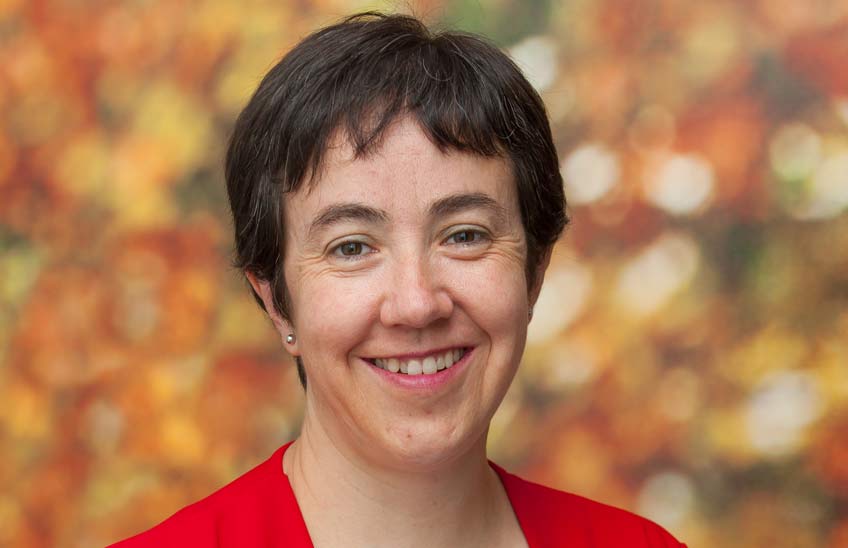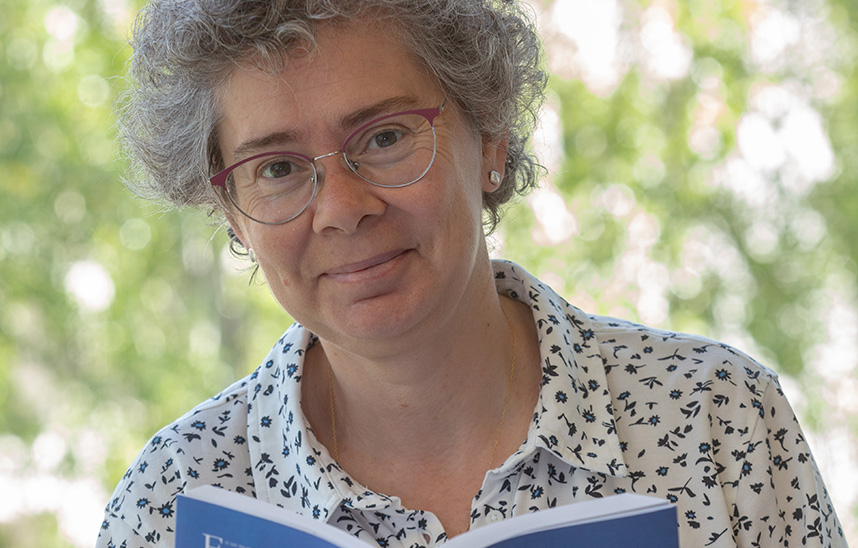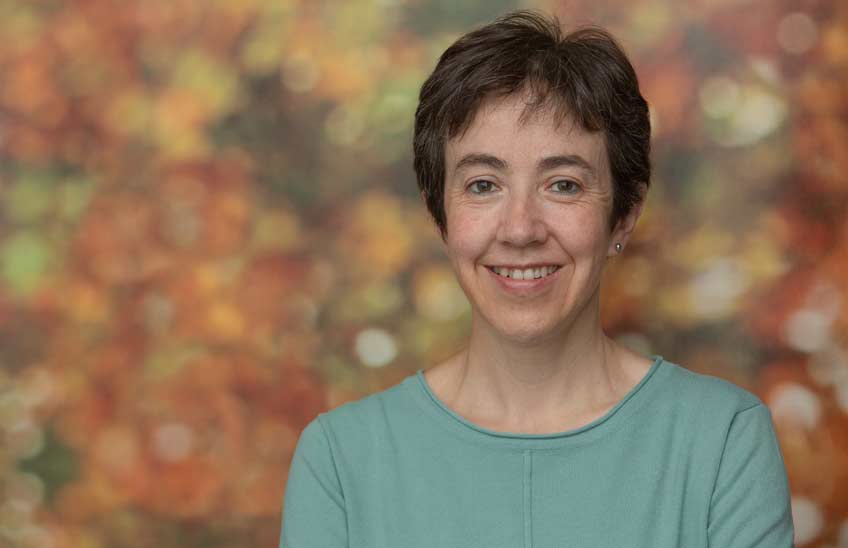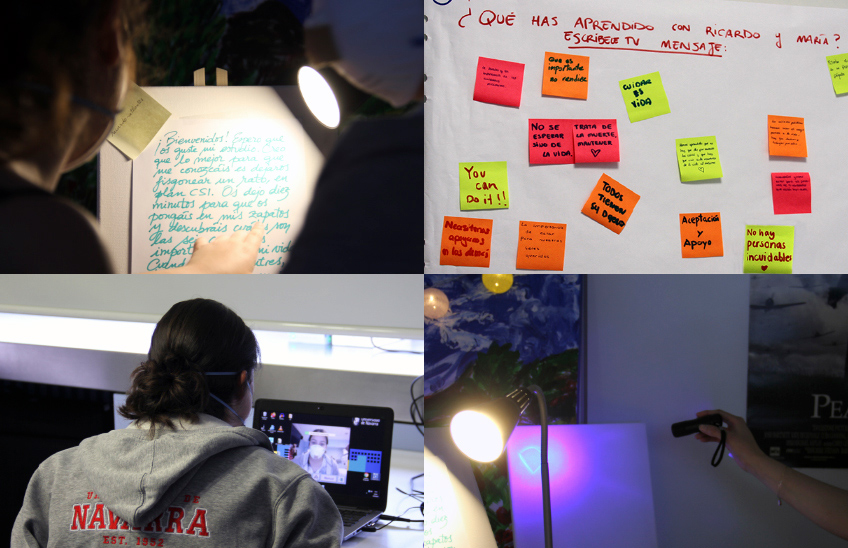The University participates in a programme to improve healthcare for cancer patients at the end of their lives
The ATLANTES Global Observatory of Palliative Care at Institute for Culture and Society is one of the institutions from eight countries that make up this project funded by the European Commission.

FotoManuel Castells<br>/María Arantzamendi, investigadora del ICS.
07 | 06 | 2022
The ATLANTES Global Observatory of Palliative Care of the Institute for Culture and Society (ICS) of the University of Navarra will develop a package of work in a new project Horizon Europe funded by the European Commission. The global project , led by Radboud University (The Netherlands), is to develop, implement and evaluate a pioneering transitional palliative care program for cancer patients. The intervention will facilitate a smooth transition from hospital to community care in the last months of life.
According to ICS researcher María Arantzamendi, who is part of the team, the initiative responds to the need for patients with advanced cancer "to have information and certainty about the treatment and care they will receive after leaving hospital".
He regrets that often "communication between professionals providing care in different settings is not optimal" and this leads to "a lack of continuity and coordination in patient care". He points out that these circumstances have a negative impact on the patient's quality of life and "increase the issue of hospitalisations that could be prevented".
The programme's approach consists of five key components. The first is to identify at discharge those patients with palliative and supportive care needs, at partnership with the oncologist and the hospital palliative medicine team. The second is compassionate communication with the patient and family, and the third is a collaborative multidimensional care plan and follow-up in the home care setting.
Identifying barriers and opportunities for successful implementation
The fourth, which coincides with the work package led by ATLANTES, includes the assessment of the programme. "It consists of an adaptation and implementation analysis process. A case study approach will be used to identify barriers and opportunities for the successful implementation and active participation of patients and health professionals in the programme," explains María Arantzamendi.
The last is the identification of the terminal phase, based on regular assessments, with appropriate intensification of care and end-of-life talks according to local possibilities and habits.
In addition to experts from the University of Navarra, specialists from the Radboud University Medical Centre (The Netherlands), the University of Bonn (Germany), Lancaster University (UK), the University of Pecs (Hungary), Zielonogórski University (Poland), the Casa Sperantei Care Centre (Romania), the European Palliative Careassociation , the Portuguese Catholic University (Portugal) and the European Coalition of Cancer Patients are participating in the project .
The project is part of the Palliative Medicine line, one of the main axes of the University of Navarra's Strategy 2025. It promotes a social impact-oriented research and a scientific production focused, in this case, on the search for personalised solutions for the health care of patients with diseases that involve severe pain.




